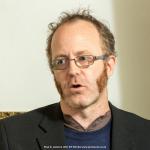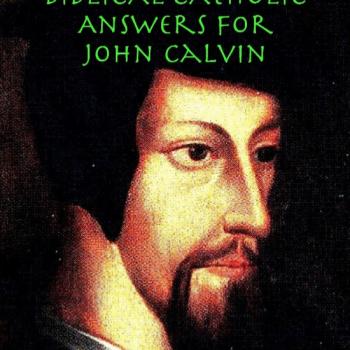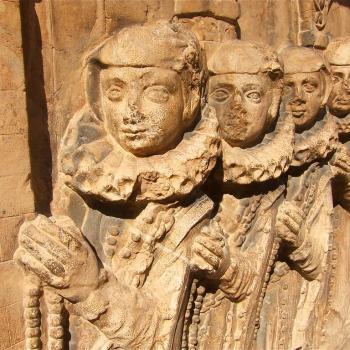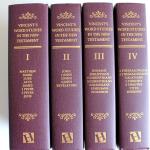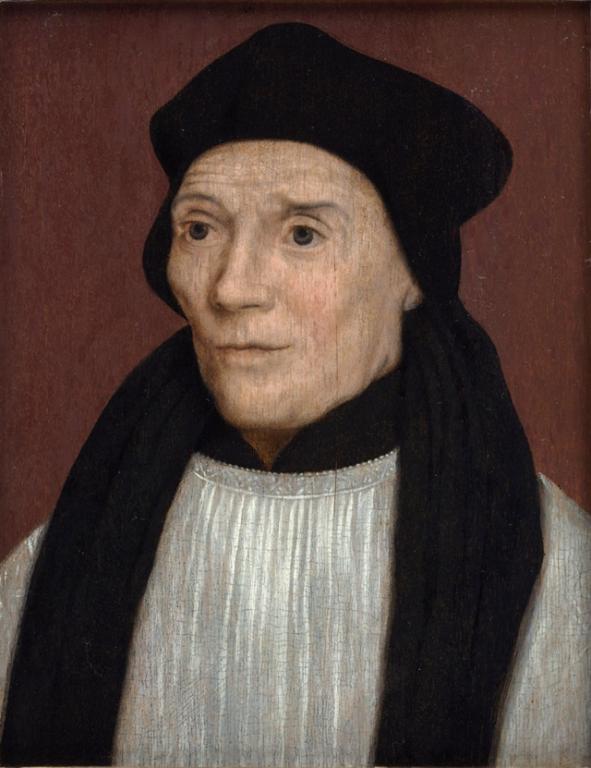
*
1 Timothy 5:17-20 (RSV) Let the elders who rule well be considered worthy of double honor, especially those who labor in preaching and teaching; [18] for the scripture says, “You shall not muzzle an ox when it is treading out the grain,” and, “The laborer deserves his wages.” [19] Never admit any charge against an elder except on the evidence of two or three witnesses. [20] As for those who persist in sin, rebuke them in the presence of all, so that the rest may stand in fear.
The storm of dissent which followed the birth-control encyclical in 1968 [Humanae Vitae] was a crucial moment whose opportunities were quickly lost. Apparently the American bishops made a collective decision that they would not try systematically to educate their people in the teachings of the encyclical, and dissent thereby gained immense credibility. (The issue was shrewdly exploited by certain theologians precisely because it had direct relevance to most lay people.)
Common sense would have dictated that, faced with massive dissent from official teachings, bishops would have made every effort to identify the core of Catholics, clerical and lay, who accepted those teaching, given them every encouragement, and used that core as a base from which to reach out to others. Instead the American bishops seem to have made the collective decision almost to ignore such people, who were soon left to fend for themselves, as practically all pastoral efforts were turned towards those who dissented. Now, however, the purpose of those pastoral efforts was not to bring back lost sheep but to reexamine the very concept of being “lost,” opening the possibility that the lost sheep were in fact the new leaders of the flock.
In deciding not to support except verbally, the American bishops made the fundamental strategic mistake which has been the undoing of liberal Protestantism. For over a century liberal Protestantism has steadily surrendered Christian positions deemed incredible by a particular historical age, the better to protect the core of the faith. But in each generation, more such surrenders are demanded, until there is finally nothing left, and surrender itself becomes the chief expectation which liberals must meet.
Thus by giving up on birth control, the bishops of 1968 probably thought they were preserving their credibility on other questions. But inevitably there has been a steady erosion of every distinctively Catholic moral position. Finally in 1995 a survey has shown that a solid majority of Catholics do not accept the Church’s teaching about the real presence of Christ in the Eucharist. The strategy of tolerating selective dissent can only have such results, and the area of dissent can only continue to widen. . . .
In the largest number of dioceses, . . . conservative bishops have followed bishops who either were themselves liberal or were tolerant of liberalism, and in perhaps a majority of those cases the conservative bishop has not seriously disturbed the situation which he inherited.
The dynamics of this process are easy to comprehend. Whatever his intentions, a new bishop quickly discovers how tightly the liberals control the diocesan machinery-the school office, the priests’ senate, the office of social justice, and other bureaus-and he realizes that dislodging such people will be no easy task and will be unpleasant.
He thus resolves to proceed slowly, until he has a firm understanding of the situation, comes to know his personnel, and devises an effective strategy. Very quickly he is pressed by conservatives, mainly lay people, about abuses, but he declines even to admit that these are abuses, pending the time when he can see a way of correcting them. . . .
Human beings are capable of finding endless excuses for putting off unpleasant tasks, and the bishop tells himself that he must have the freedom to accomplish his mission in his own way and in his own time. . . .
The liberal bishops appointed during the 1970s invariably followed that practice, replacing conservatives in the chancery office with their own people. But many conservative bishops have not seen fit to do the reverse, presumably in the belief that administrative continuity insures the peace of the diocese. Thus old policies continue almost unaltered under the new regime. . . .
In some ways having a liberal diocese presided over by a bishop known to be conservative is better for the liberal cause than having a bishop of their own, since the conservative bishop gives a mantle of respectability to liberal policies. Complaining laity can be even more easily dismissed, on the grounds that “even our conservative bishop does not make them happy.” Often there is an unspoken compromise the bishop says inspiringly orthodox things on public occasions, even as diocesan policies move in quite different directions. . . .
For all their talk of “pluralism,” liberals understand very well that a Church divided against itself cannot stand, which is why, wherever they’ re in power, they move relentlessly to push conservatives to the margins of the community, a move with which conservative bishops sometimes cooperate. . . .
Once appointed, a conservative bishop finds other obstacles besides those in the diocese itself. Despite fifteen years of episcopal appointments by John Paul II, the National Conference of Catholic Bishops remained essentially a liberal body, in which determined conservatives have difficulty merely staving off serious defeats, much less winning substantial victories. Once again it requires a particularly resolute kind of man to accept the status of a defined minority within a body which seems to place great importance on the spirit of belonging. If nothing else, a new bishop is likely to discover quickly that he will be consistently on the losing side unless he moderates his positions substantially. . . .
If at almost all times in the history of the Church, a concern for orthodoxy has been paramount, the contemporary Church has an eerie feel about it precisely because of the absence of that concern. At the diocesan and national levels it is possible to raise questions about pastoral strategy, administrative competence, economic feasibility, human sensitivity, awareness of injustice, and numerous other things but never about orthodoxy. The very word, and its opposite-“heresy”-is seldom uttered, and even conservative bishops give the impression that they are embarrassed to be caught thinking in those terms. . . .
In the entire history of the Church probably not a single saint was ever canonized for the conspicuous virtue of prudence, and many were (from a worldly standpoint) quite imprudent. This applies to canonized bishops, many of whom were martyrs and almost all of whom were involved in severe conflicts of various kinds. (When St. Charles Borromeo began to reform the diocese of Milan, the inmates of a particular monastery actually hired an assassin who shot at the bishop during Vespers.)
By the logic of prudence as it is now understood, the Church should not have canonized John Fisher, the only bishop who withstood Henry VIII, but instead Stephen Gardiner and Cuthbert Tunstall -men who, although not devoid of principle, nonetheless managed to survive the ecclesiastical changes of three reigns.
Now, as I write, there is still time for the American bishops to do what many of us orthodox lay Catholics strongly believe is self-evidently the right thing to do, and forcefully assert (with equally crucial enforcement) that Catholic pretender Joe Biden must not receive Holy Communion until he repents of his extreme advocacy of childkilling and even infanticide in some cases. No one will praise them more than myself if this happens.
If that causes a bunch of viciously self-contradictory Catholic Democrats to leave the Church, then so be it. Enough is enough! They have to decide which is more important: Catholicism or [increasingly radicalized and secularized] Democrat Party affiliation (the same holds true, of course, for Republicans or third-party / independent types).
Otherwise, we will be a laughingstock in the general population. We already are, for several other reasons (mostly the sex scandals that have done untold damage to both souls and our image and reputation), but this just makes it worse, because it is so blatantly obvious what the bishops must do.
Pray for them, and write to them. Be respectful, but firm.
***
Related Reading
Exclusion of Non-Catholics from Communion: Why? [1-30-03]
Catholic Closed Communion: A Defense [10-30-08]
Catholic Closed Communion: Reply to a Foolish Objection [12-9-17; extra note added on 3-23-18]
See my Life Issues web page for many articles about political liberals / Democrats and abortion
***
Photo credit: St. John Fisher, by Hans Holbein the Younger (c. 1497-1543) [public domain / Wikimedia Commons]
***
Summary: This is my jeremiad against the continuing (?) cowardice of the US bishops, who are considering how to deal with the issue of pro-abort Biden blasphemously receiving Holy Communion


